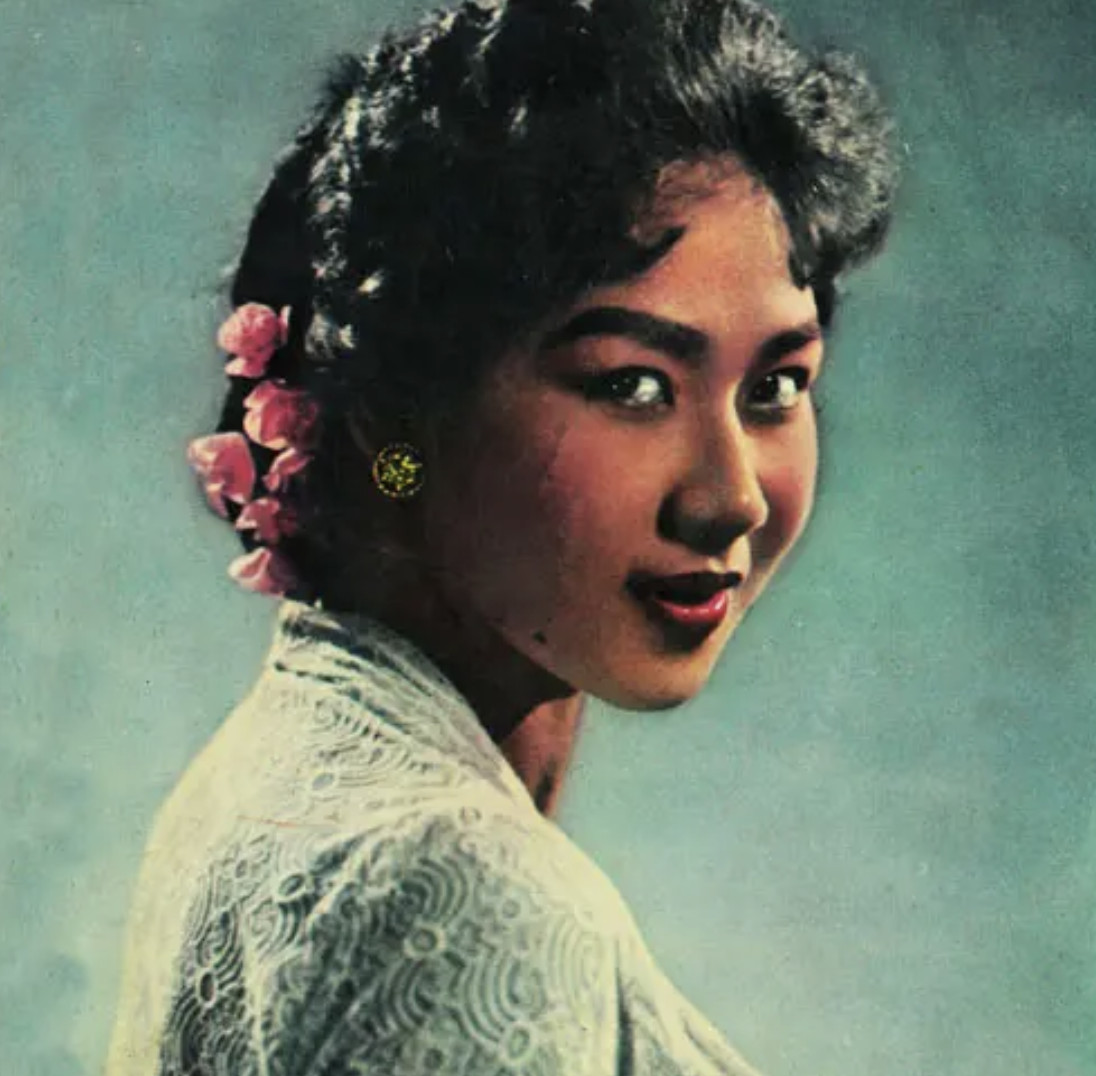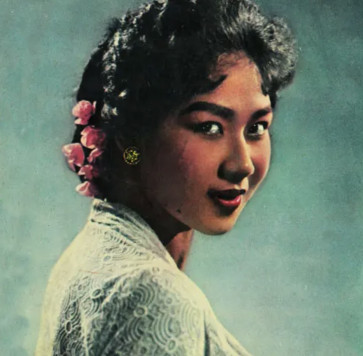Popular Reads
Top Results
Can't find what you're looking for?
View all search resultsPopular Reads
Top Results
Can't find what you're looking for?
View all search resultsMother's prayer, jazz and propaganda: Titiek Puspa in five songs
Many could certainly question Titiek’s political legacy, given that she wrote a propaganda song titled “Bapak Pembangunan” (Father of Development) as a tribute to New Order leader Soeharto in 1987, but through her career spanning over five decades in the music industry, the chanteuse left a legacy of some of the finest recordings ever committed to vinyl.
Change text size
Gift Premium Articles
to Anyone
T
itiek Puspa, the consummate singer, songwriter and all-around performer, who passed away on Thursday at the age of 87, may not have been known as a feminist icon, but in a deeply patriarchal society, she managed to rise through the ranks of the country’s male-dominated entertainment industry, blazing a trail in the recording industry while at the same time negotiating her place in the upper echelons of two different authoritarian regimes.
Many could certainly question Titiek’s politics, given that she wrote a propaganda song titled “Bapak Pembangunan” (Father of Development ) as a tribute to New Order leader Soeharto in 1987, but through her career spanning over five decades in the music industry, the chanteuse left a legacy of some of the finest recordings ever committed to vinyl.
At her creative peak, in the mid-1960s and 1970s, in an era when female singers were mostly vessels for male songwriters to showcase their compositions, Titiek wrote, composed and produced her own songs. In an era when Indonesian traditional music was the main inspiration for most artists, Titiek had the audacity to mix pop, rock and roll, jazz, Broadway and blues, producing some of the biggest popular songs that are well-remembered today.
Titiek also worked with some of the best musicians of the period and employed the most cutting-edge recording technology to produce records with a timeless quality.
While not declaring herself a feminist, Titiek tackled the topic of women falling victim to patriarchy in some of her biggest pop hits like “Kupu-Kupu Malam” (Night Butterfly), and projected an image of an assertive woman on many covers of her albums.
These five songs in Titiek's sprawling catalogue not only exemplify her artistic genius and technical proficiency, but also show how she addressed the topic of women empowerment.
1. “Kupu-Kupu Malam” (Night Butterfly), 1977


















